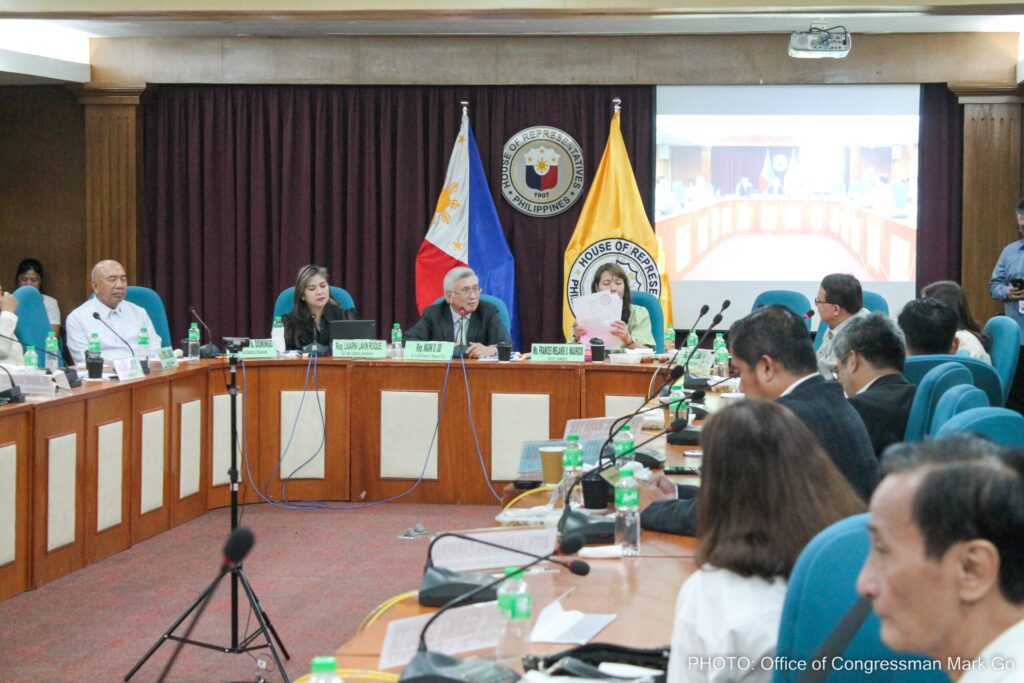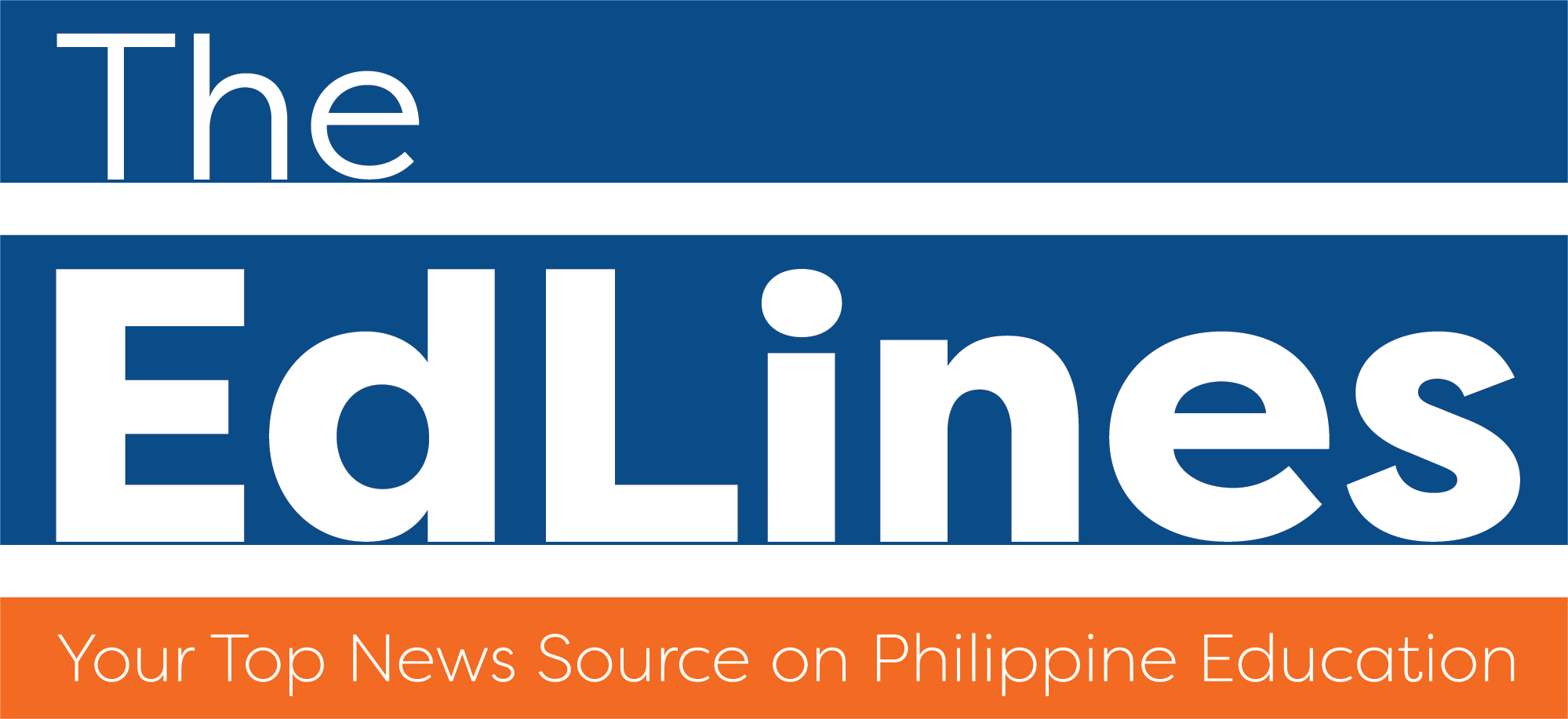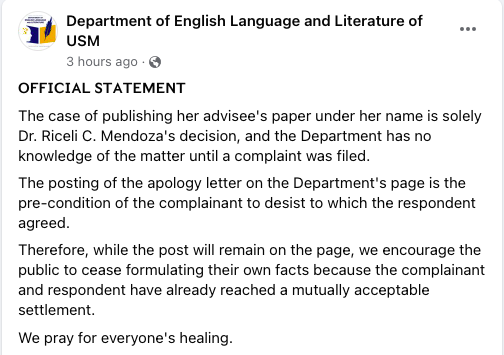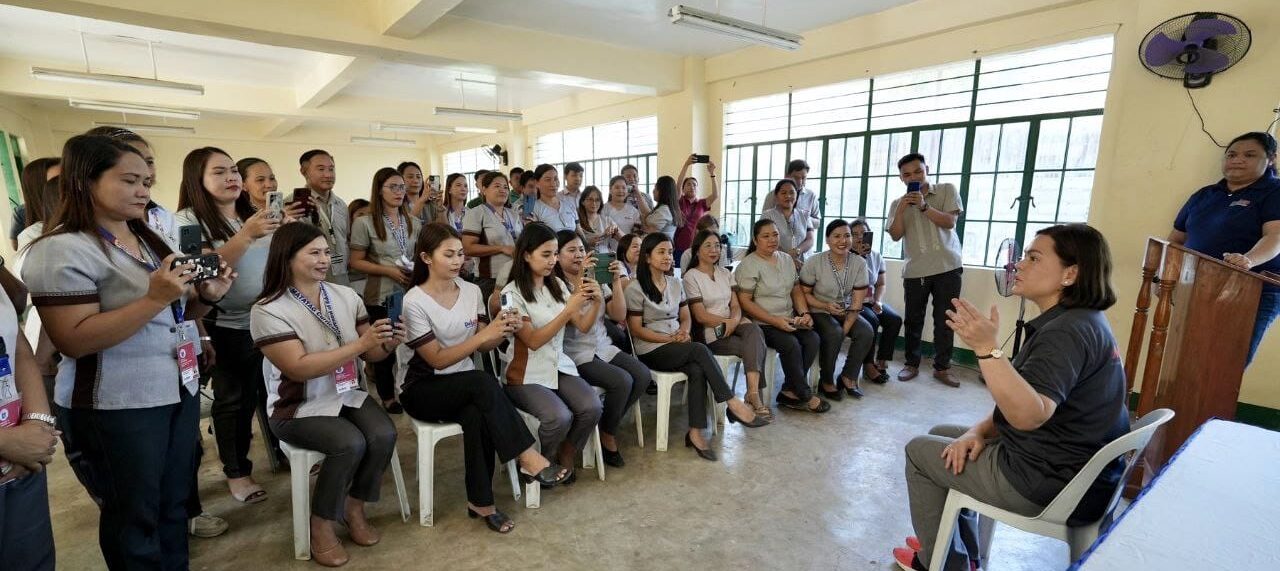CHEd, UniFAST to start prioritizing ‘poorest of poor’ in education subsidy disbursement

Aligning with the Second Congressional Commission on Education’s (EDCOM 2) recommendations, the Commission on Higher Education (CHED) and the Unified Student Financial Assistance System for Tertiary Education (UniFAST) will prioritize the most economically disadvantaged students for the Tertiary Education Subsidy (TES) starting in the 2024-2025 academic year.
CHED Chairman Prospero de Vera III revealed this at the House Committee on Higher and Technical Education, citing that the EDCOM2 proposal also aligns with the General Appropriations Act of 2024 which reaffirmed that students below the poverty threshold should be the first-in-line beneficiaries of the TES before any other applicants.
The TES is a grant-in-aid program that supports financially challenged Filipino students pursuing higher education, offering up to P60,000 for private Higher Education Institutions (HEIs) and up to P40,000 for State Universities and Colleges (SUCs) or Local Universities and Colleges (LUCs).
However, over the past four years, EDCOM2 noted a downward trend in the proportion of beneficiaries coming from the poorest households, identified also as beneficiaries of the subsidy programs Listahanan and the 4Ps program. From 74.3% in 2018, the poorest of the poor beneficiaries represented only 30.7% in 2022.
In turn, TES recipients coming from urban and rural areas where state-backed educational institutions are scarce — known as Private HEIs with No SUC/LUC (PNLS) — are taking up the lion’s share of the TES allocation. EDCOM2 notes that not all PNLS grantees fall under the poorest of the poor category. However, it has also been noted at the hearing that while some PNLS beneficiaries can pay their tuition fees, some are also beneficiaries of subsidy programs and some face financial struggles that should still make them eligible for the grant.
In the academic year 2023-2024, CHED granted TES to 388,230 beneficiaries amounting to P3.92 billion. However, of the 193,454 students from PNLS, only 2,710 were listed under Listahanan, and approximately 41,650 were identified as 4Ps beneficiaries.
At the core of the conflict is the “misinterpretation” of Section 7 of Republic Act 10931 or the Universal Access to Quality Tertiary Education Act where it is stated that the TES should be available to all Filipinos.
This prompted EDCOM2 to issue a recommendation to CHEd-UniFAST for the prioritization of the “poorest of the poor” students identified under Listahanan 2.0 and the Pantawid Pamilyang Pilipino Program (4Ps) to receive TES.
‘Lack of guidelines’
Joseph Noel Estrada, chief legal officer of EDCOM2, highlighted the lack of clear prioritization guidelines from CHED’s UniFAST, which led to more PNLS enrollments covered by the TES in the initial four years of implementation.
De Vera admitted there are ambiguities in the law that had caused contention among the UniFAST board members during the crafting of the implementing rules and regulations (IRR).
While stressing that the EDCOM2 recommendation and the GAA special provision sufficed in shifting the prioritization to the poorest, the CHED Chair also expressed willingness to revise the IRR to add an explicit provision should the Congress and EDCOM2 indicate such a directive.
Increasing ‘poorest of the poor’ threshold
Lawmakers also called the Department of Social Welfare and Development (DSWD) to revise upward its household income threshold that covers “the poorest of the poor,” finding the current level too low. For example, by the living standards of the National Capital Region, a family with at least five members and an income of P12,000 would fall under the category.
“Ang baba naman niyan eh (That’s too low)… We have a lot of issues with this eh because [the law used the term] ‘all Filipino students’ eh. For example, we give medical assistance to our constituents in our district. We don’t only [consider] poor indigent families. We look at [the] financially incapacitated,” House Committee on Higher and Technical Education Chair Mark Go said.
”It has to be a little more generous, we want [the TES] to be more inclusive… as possible,” Northern Samar’s 1st District Representative Paul Ruiz Daza added.


